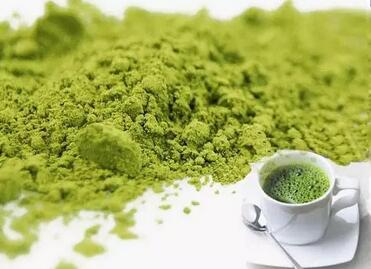"The unbroken emerald clouds blown by the wind, the white flowers floating light condensed on the bowl's surface" is a verse by the Tang Dynasty poet Lu Tong praising matcha. Matcha originated in China during the Sui and Tang dynasties but flourished in Japan, becoming one of the most famous ingredients and beverages.
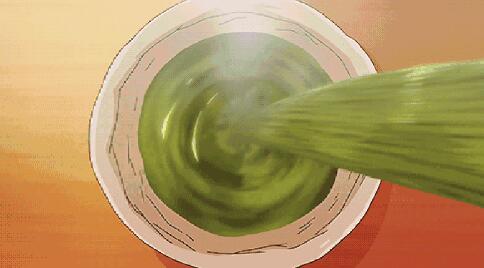
Matcha can be brewed directly or used to make a variety of foods.
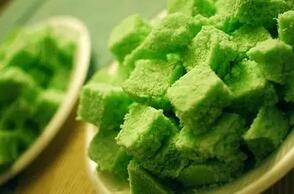
Matcha (Matcha), its original meaning is tea ground by a stone mill. The stone mill used to grind tea is called a tea mill, and the Northern Song poet Huang Tingjian first recorded the tea mill:
Soaking to exhaust its flavor, the mortar begins to be used,
Recalling its origins, the grinding just emerges.
Calculating all ingenuity to the迂 mill,
Truly, the wise can create things.
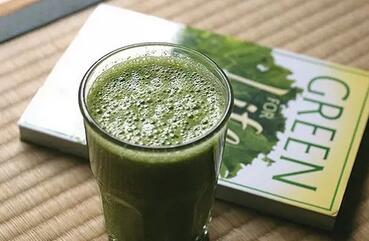
The production process of matcha:
Currently, the production of matcha is mainly concentrated in Japan, and the entire process is very meticulous. The tea tree varieties are imported from Japan. To ensure the brightness and tenderness of the tea leaves, the first shading treatment is done in spring when the tea leaves grow one bud and two leaves. When the tea leaves grow to one bud and four or five leaves, they are harvested and steamed, i.e., steamed on the same day of picking to kill the enzymes, followed by cooling, roasting, screening, and other processes. Finally, the tea is ground slowly with a stone mill at 60 revolutions per minute at a constant temperature of 19°C, producing a bright green powder, which is matcha. The raw material for green tea powder is generally ordinary roasted green tea, ground using a metal grinder, all of which are instant grinding methods.

What are the benefits of matcha?
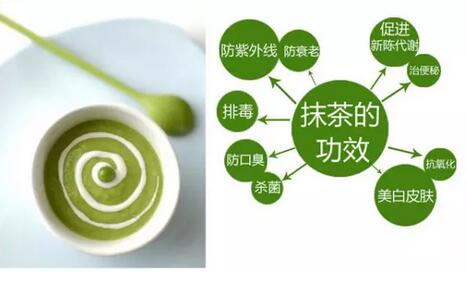
(1) Drinking matcha improves eyesight
Matcha is rich in vitamin A precursor, and vitamin A is a visual sensitizer, which means it "improves eyesight."
(2) Drinking matcha prevents tooth decay
Fluoride is one of the trace elements needed by the human body. A lack of fluoride affects the health of bones and teeth, and matcha is a natural beverage rich in fluoride.
(3) Drinking matcha refreshes the mind
Matcha contains an appropriate amount of caffeine, which stimulates the central nervous system. Combined with the fragrant volatile oils in matcha, drinking it can uplift the spirit and refresh the mind.
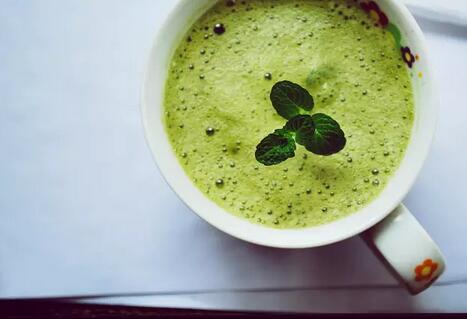
(4) Drinking matcha supplements vitamin C
Recent research has highlighted the functions of vitamin C, concluding that sufficient vitamin C intake is highly beneficial for disease prevention and health. Matcha is rich in vitamin C. Brewing matcha at a moderate temperature preserves the vitamin C content, making it an excellent way to supplement natural vitamin C.
(5) Drinking matcha diuresis and prevents stones
Caffeine and theophylline are components of matcha. They inhibit the reabsorption of renal tubules, making them excellent diuretics. They help promote urination, enhance kidney function, and quickly expel toxins and waste from the kidneys, preventing kidney disease and stones.
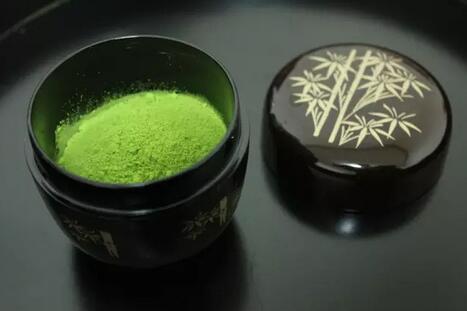
(6) Drinking matcha improves gastrointestinal function
Matcha contains alkaloids, a natural alkaline beverage that neutralizes acidic foods and maintains the body's normal pH balance (slightly alkaline). The tannins in matcha inhibit bacteria, caffeine enhances gastric acid secretion, and aromatic oils dissolve fats, aiding digestion. Thus, drinking matcha effectively improves gastrointestinal function.
(7) Drinking matcha reduces radiation damage
The catechins in matcha neutralize radioactive elements like strontium and reduce atomic radiation damage. It can counteract modern urban radiation pollution, earning it the title of "the beverage of the atomic age."
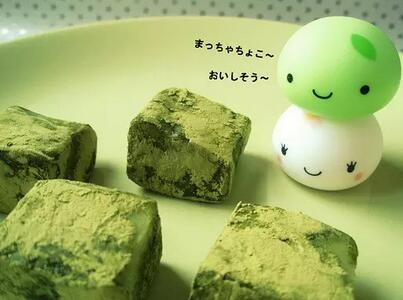
(8) Drinking matcha prevents hypertension
Matcha is rich in catechins, especially matcha. Catechins have high vitamin P activity, enhancing the body's ability to accumulate vitamin C, reducing fat accumulation in the blood and liver, and maintaining capillary resistance. Regular consumption of matcha helps prevent hypertension, arteriosclerosis, and coronary heart disease.
(9) Drinking matcha lowers cholesterol and prevents obesity
The vitamin C in matcha helps reduce blood cholesterol and enhances vascular toughness and elasticity. Studies by French and Japanese medical communities confirm that drinking matcha indeed lowers cholesterol and aids weight loss.
(10) Drinking matcha supplements nutrition
According to an article by the Tea Research Institute of the Chinese Academy of Agricultural Sciences, regular consumption of matcha is highly valuable for nutritional supplementation.
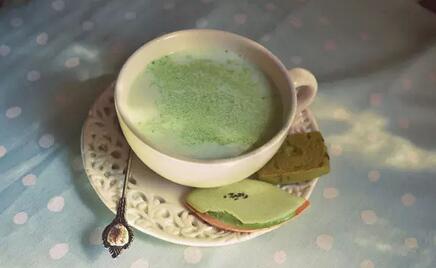
The difference between matcha powder and green tea powder:
1. Color: Matcha, due to shaded steaming, appears dark green or deep green, while green tea powder is grass green.
2. Taste: Matcha is less astringent and bitter, while green tea powder is slightly bitter and astringent.
3. Aroma: Matcha has a seaweed or rice leaf aroma, while green tea powder has a grassy aroma.
4. Fineness: Matcha has a fineness of over 6000 mesh (2 microns) and can fully enter skin pores when applied to the back of the hand. Green tea powder is around 100-300 mesh, much coarser than matcha.
